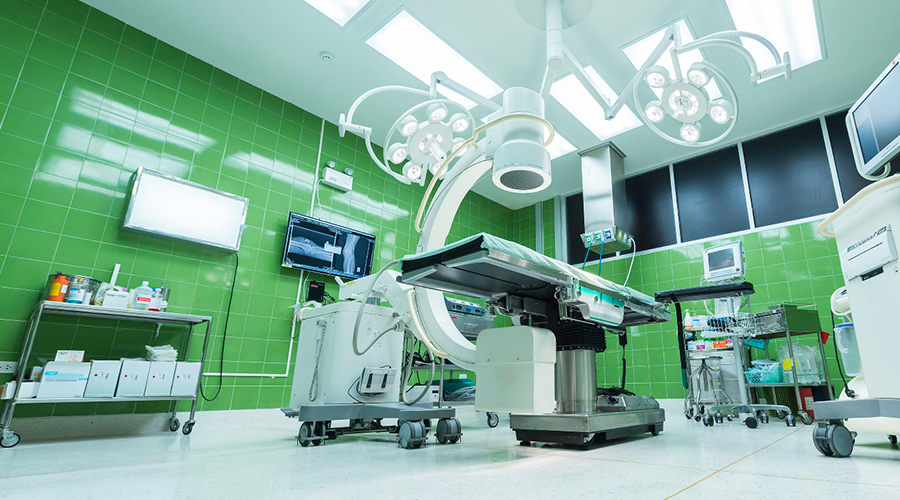
A joint team of physicians and researchers from the European Institute of Oncology (IEO), INFN and Sapienza University of Rome has verified with a clinical study that the use of an innovative "tumor-seeking" probe improves the effectiveness of gastrointestinal neuroendocrine tumor surgery. The probe under study is an innovative tool capable of detecting positrons, particles emitted by radiopharmaceuticals such as those commonly used to perform PET diagnostics. The device, developed by INFN and Sapienza, has demonstrated high sensitivity in detecting tumor cells labeled with a radiopharmaceutical specific to neuroendocrine tumors. An ability that makes the probe effective in guiding the surgeon's hand exactly to the site of the tumor, albeit microscopic. The study conducted at IEO between May 2022 and April 2023 on 20 patients has, in fact, shown that the new probe can reveal disease sites with a sensitivity and specificity of 90%. Thanks to the use of the probe, surgical operations, whether traditional or with robots, will therefore be more precise and conservative, because it will be possible to detect with great precision the presence of tissues to be removed, while avoiding unnecessary excision.






